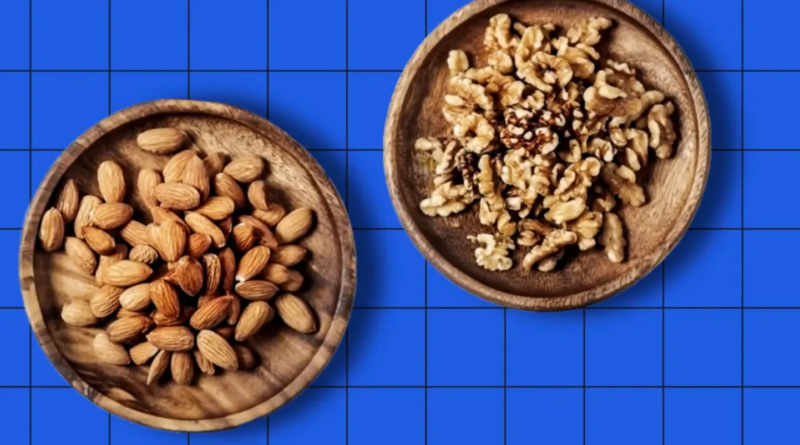Walnuts outperform almonds for attention 2023
Spanish researchers found that eating a handful of walnuts daily or at least three times a week improves cognitive capacities, especially attention, in children.
The study, published in clinical medicine, found that eating walnuts regularly may help teenagers develop cognitively and psychologically.
Researchers, including from the Institut d’Investigacio Sanitaria Pere Virgili (IISPV), said nuts’ effects on brain health have been studied before, but their effects on cognitive development during adolescence have not.
Alpha-linolenic fatty acid (ALA), an omega-3, is found in walnuts and is essential for brain development, especially in adolescents.
Hormonal changes throughout adolescence stimulate frontal lobe synaptic development. Neuropsychological maturation—more sophisticated emotional and cognitive functions—requires this brain region. “Neurons well-nourished with this type of fatty acids will grow and form new, stronger synapses,” stated IISPV main investigator Jordi Julvez.

700 Barcelona secondary school kids aged 11–16 from 12 high schools formed the team. The experimental group received 30 grams of walnut kernels in sachets, while the control group received nothing. They were given to the kids every day for six months.
The team found that adolescents who ate walnuts for at least 100 days (not necessarily every day) improved their attention functions and behavior in class. Those with ADHD symptoms paid more attention to the teacher and were less hyperactive.
This study shows that adolescent cognitive and psychological development depends on keeping a balanced diet throughout time.
“The participants who most closely followed the guidelines — in terms of the recommended dose of walnuts and the number of days of consumption — did show improvements in the neuropsychological functions evaluated,” the researchers concluded.
If boys and girls followed these suggestions and ate a handful of walnuts a day, or at least three times a week, they would see significant cognitive improvements and be better prepared for puberty and adulthood. “Adolescence requires a lot of energy and nutrients due to brain development and complex behaviors,” stated Institute researcher Ariadna Pinar.



